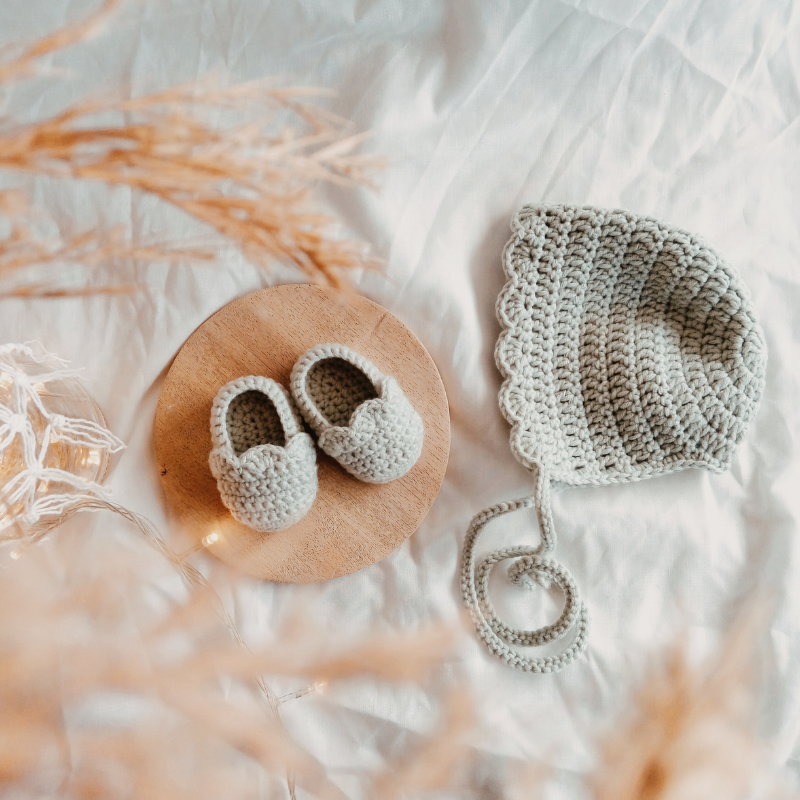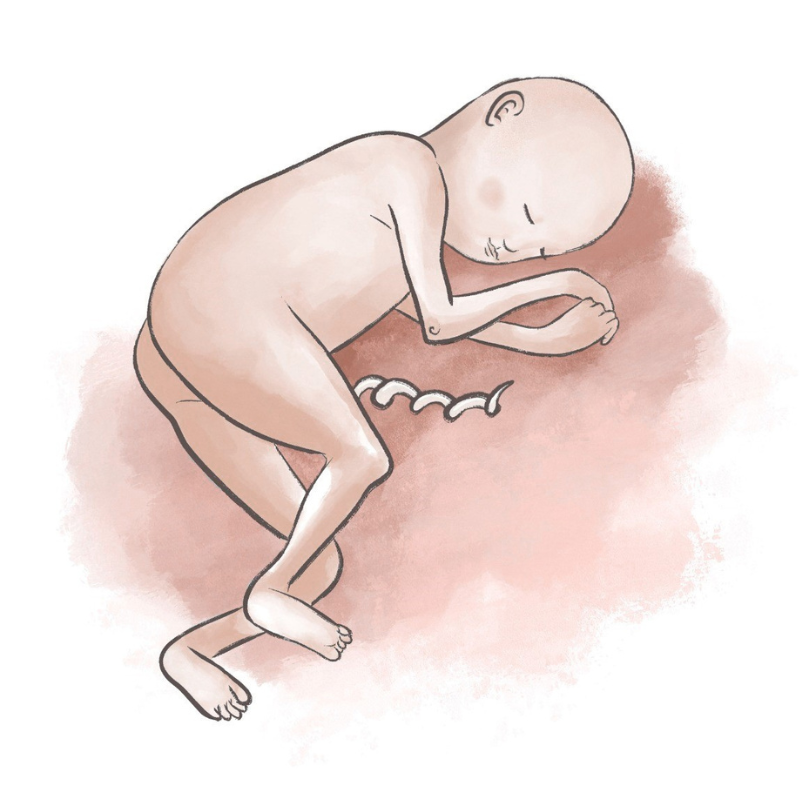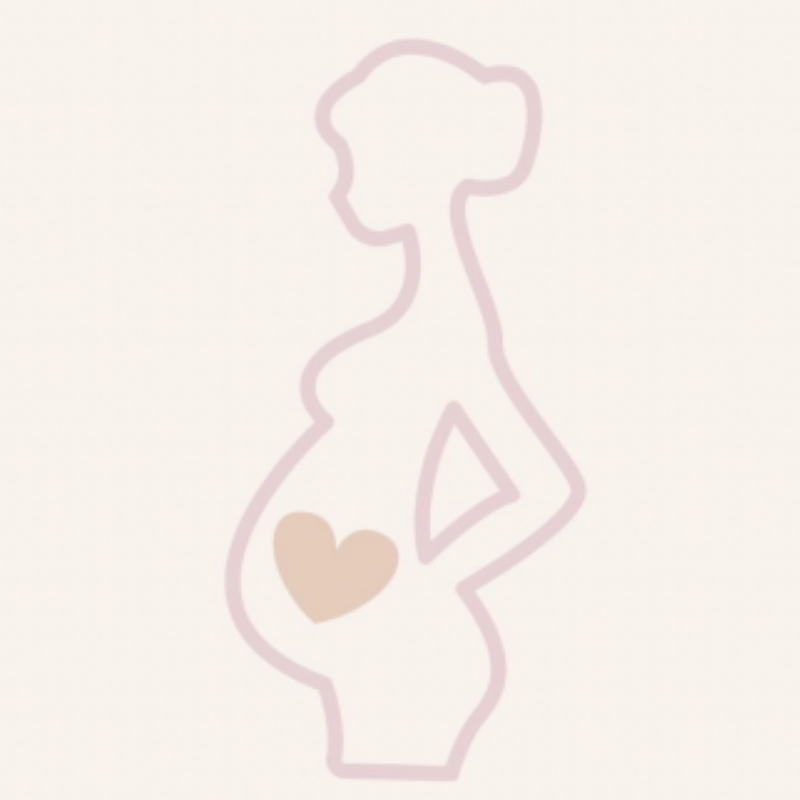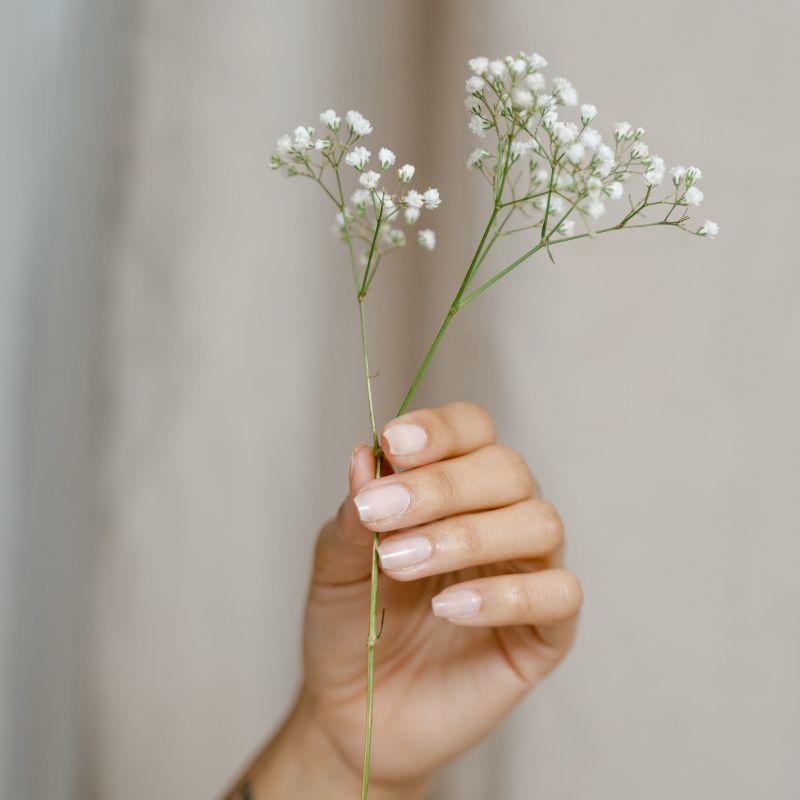How I Lost My Child

Losing your child is the absolute worst thing anyone can go through. It’s a situation you wish no one would ever have to experience. Parents should not outlive their children; children should outlive their parents. Unfortunately, it happens sometimes, and maybe you’ve been through a similar situation yourself or know someone who has.
I, Katja – founder of Plume, experienced a late miscarriage. In week 21, I lost my daughter, and the grief I felt, and will always feel, over never seeing her grow up is greater than I can explain.
But somehow, you must find a way to get through the pain and allow yourself to live again. To hope. By sharing my story, I hope to inspire more people to talk about their experience. It’s traumatic and tough. Allow yourself to be sad and feel all the emotions that come, but also dare to find your way back to yourself. As part of this process, I hope to help by providing Tips for Those Who Have Lost a Child and Tips for Those Supporting Someone Who Has Lost a Child.
Take care of yourself ♡
Hope & Love,
Katja
The Story of When I Lost My Child
The routine ultrasound in week 20 had gone well. It was a dancing and healthy baby growing inside. We knew it was an active little one, as it had been very lively! With the placenta positioned at the back, I had felt both movements and kicks for a few weeks, even though it was still early.
We had decided not to find out the gender because it didn’t feel very important. The most important thing was knowing the baby was healthy, and it was. The thought of miscarriage never crossed our minds. I thought miscarriages only happened before week 12.
The following week, I had a regular midwife check-up and heard the heartbeat. It was wonderful, and I could truly feel that there was a little life inside me. A few hours later, I started having contractions, or so I thought. I hadn’t experienced them in my previous pregnancy, but after some Googling, I found out that contractions could start as early as week 16, so I thought I’d just have to deal with it.
Time passed, and the contractions became more frequent and stronger. Now they were really painful, and I started wondering, "Is it supposed to hurt this much?" But I brushed the thought aside. By evening, the pain was more regular, closer together, and much more intense. This can’t be just contractions – it must be labor, I thought. And it was. I could barely stand, and the contractions came every 10 minutes with just one thought: "This can’t be happening..."
"There is more amniotic fluid being produced; it doesn’t necessarily mean it’s a miscarriage."
My partner had suggested for over an hour that we go to the emergency gynecology ward at Danderyd Hospital, but I thought we should put our daughter to bed at 7 pm first. Maybe I could drive myself? It was only 15 minutes away.
The pain was unbearable, and I went to the bathroom so that our daughter wouldn’t hear me scream and pant. I thought it would pass soon, and a warm shower might help. Just before stepping into the shower, it happened. The amniotic fluid gushed out, covering the bathroom floor. I screamed in panic, knowing exactly what was happening but not wanting to believe it. It’s too early, week 21, why?!
With 112 (emergency) on the phone, I tried to explain what was happening between hyperventilating and crying. The woman on the line sounded young, kind, and comforting, telling me, "There is more amniotic fluid being produced; it doesn’t necessarily mean it’s a miscarriage." With the phone on speaker, I stood crying in the shower, trying to get through the contractions now coming every five minutes.
The ambulance arrived. Two men – friendly, but they couldn’t understand or relate. They couldn’t provide support. My daughter saw me in a state she had never seen before, a state I wished she hadn’t witnessed. My father-in-law, who lives nearby, hurried over to babysit, but due to COVID restrictions, my partner couldn’t come with me. Was I really going to go through this alone?
At the Hospital
The ambulance ride to the hospital felt long. An IV was inserted, blood pressure was taken, contractions were measured, and everything that could be prepared was prepared. Once at the hospital, I was immediately given a private room and quickly examined by a doctor. She was kind, Ellen. Everyone in the room was female and very supportive. Ellen explained that the baby’s heart was beating faintly and that the umbilical cord had left the uterus. The baby would be born too early – two weeks too early to be saved. Now I had to call my partner.
A lot of morphine was pumped into me, and the contractions turned into pushing contractions. I felt like my soul was leaving my body. The pain was just as intense as giving birth to a larger baby. The pain was the same, but the baby was smaller, so the "delivery" itself wasn’t as painful. It felt, of course, like a small baby was coming out, but that was it.
Once the baby was out, the placenta had to be delivered as well. The midwife pressed on my stomach to get all the remnants out, just like during a full-term delivery. When you’re in that much pain, you just want it to end. The classic red lingonberry juice they give you after childbirth reminded me of my first beautiful delivery, and they gave it to me now too. I was exhausted, devastated, empty. We were supposed to have a baby in four months. We were supposed to give our daughter a sibling. We were supposed to be a family of four...
A little later, we were asked if we wanted hand and foot imprints, and if we wanted to see her. It was a girl, a little sister. My first thought was no, I wanted to forget everything that had just happened. But deep down, I knew I wanted to. Of course, I wanted to. She was my child, the one I had nurtured for 21 weeks. My child, who I had felt kick and spin. The one who had given me pelvic pain since week 15 and terrible nausea but also so much love, joy, warmth, and hope before I even met her. So, we decided to see her.
There she was… with tiny nails and short eyelashes. So small, so beautiful.

Blaming Yourself After a Miscarriage
She was sent to the lab, of course; we wanted to know what caused this. And of course, like many others, I blamed myself – even though I knew it wasn’t my fault. I knew that deep down. But still, could it have been the cheese I ate before I knew I was pregnant? Or the cured ham? Or sushi? Was it because I flew in week 15? Or because I have a cat, even though I never touched the litter box during pregnancy?
Google is useful in many ways, but not after you’ve lost your child. Toxoplasma, toxoplasmosis, listeria, cat litter, COVID, everything.
None of the above caused it. She was a perfectly healthy little girl, and I was healthy too. They called it plain "bad luck." However, when I arrived at the hospital, my CRP (inflammatory marker) was 57mg/L, indicating an infection, so maybe my body rejected something it couldn’t handle.
What they later found was a bacterium in my uterus, Ureaplasma parvum. They couldn’t say the miscarriage was caused by the bacterium, as there is no evidence for this, but it couldn’t be ruled out either because there was nothing else, and there are connections between the bacterium and late miscarriages, although still without sufficient research. Ureaplasma is apparently a tricky one, a bacterium that many can carry without harm but sometimes causes premature births in pregnant women. The healthcare system had no idea, and it wasn’t their fault, but it affected me. Deeply.
Finding Hope After a Miscarriage
Even after my late miscarriage, I have to say that I was treated very well by all the healthcare staff. Everyone. The staff at Danderyd Hospital’s gynecology emergency room, the night nurses who watched over me, and those who cared for me until the next day when I went home.
The counselor I spoke to was so kind and understanding. It must be hard to support someone in such deep grief. When we first met, I could only cry, barely any words came out of my mouth. When I saw her again a few weeks later, it was easier to talk, and the most important thing I took from our conversations was to keep hoping.
I was afraid that if I got pregnant again, I wouldn’t be able to feel happy about the pregnancy. She told me that this is a common feeling, the fear that it could happen again. She also said, "It doesn’t have to happen again, and if it does, you’ll be just as sad anyway, so try to allow yourself to be happy, because hopefully, everything will go well next time." These are words I carry with me every day since then.
After losing my child, I also received a lot of support from Spädbarnsfonden, and I want to give an extra thanks to them. If you want to learn more about Spädbarnsfonden, you can do so here: Spädbarnsfonden.
Thank you for reading my story ♡


